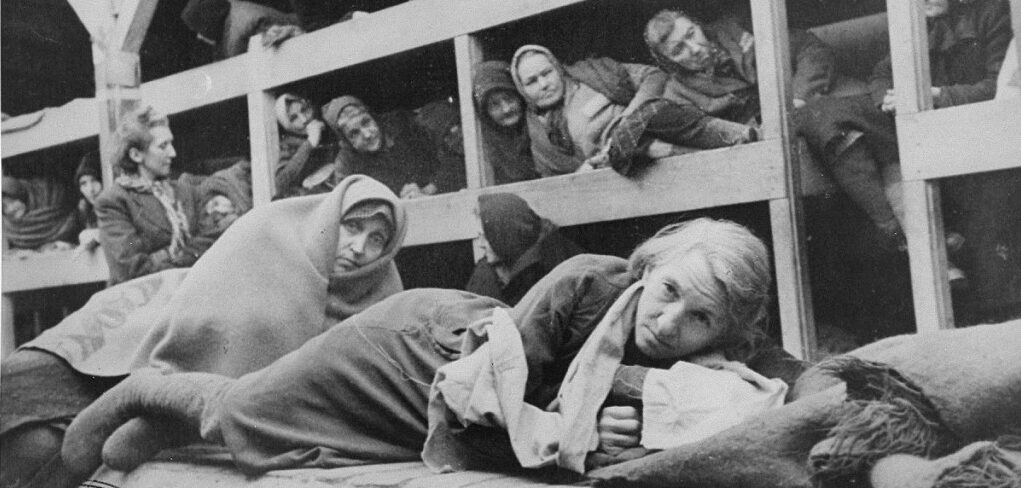
On January 27, 1945, Soviet forces liberated the prisoners of Auschwitz. Despite the efforts of the Nazis to cover up the traces of their actions, the truth could not be concealed. Personal items, tons of hair , valuables, clothes and above all the thousands of malnourished and brutalized prisoners were testimony to the most horrific atrocity of the war. The health of the prisoners was in such a deplorable state that despite the efforts of the Allies in the days following their release, more than half of them did not avoid death.
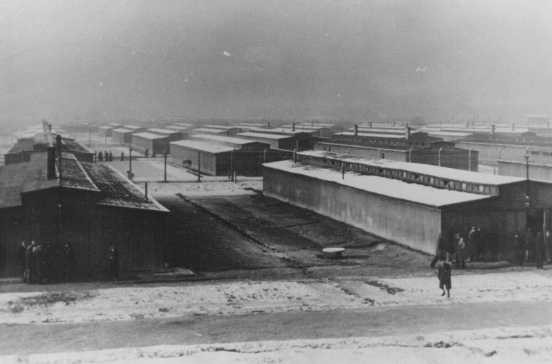
Women quarters at Auschwitz – Birkenau concentraion camp (https://encyclopedia.ushmm.org/)
In the following months, the remaining concentration camps were liberated by the Allied forces, were they met the same horrific images.
By 1945, two-thirds of Europe’s Jews had been executed by the Nazis as a result of the implementation of the Final Solution. Some six million Jews were killed between 1933 and 1945, as well as hundreds of thousands of Roma, homosexuals, political opponents and disabled people.
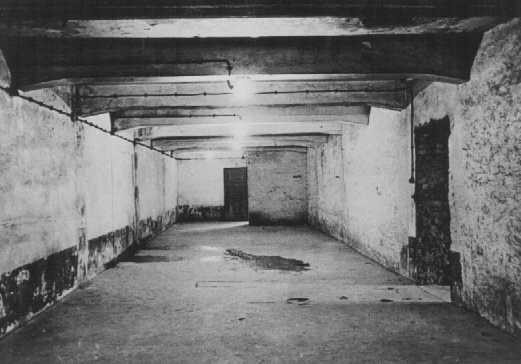
Θάλαμος αερίων στο κεντρικό στρατόπεδο του Άουσβιτς αμέσως μετά την απελευθέρωση / Gas chamber at Auschwitz Central Camp shortly after release (https://encyclopedia.ushmm.org/)
By the end of the war, hundreds of Jewish communities had completely disappeared throughout Europe.
In Greece, the presence of Jews is recorded from antiquity. However, the Jewish presence was strengthened during the 15th century when persecuted Jewish populations from Spain found refuge in the Ottoman Empire.
Until the years prior to the war, and despite the devastating fire of 1917, the Jewish community of Thessaloniki was one of the major ones in Europe with a population of about 40,000 people. An emblematic date was 15 March 1943, when the first train left Thessaloniki for Auschwitz, carrying 80 inhabitants of the Baron Hirsch settlement.
.
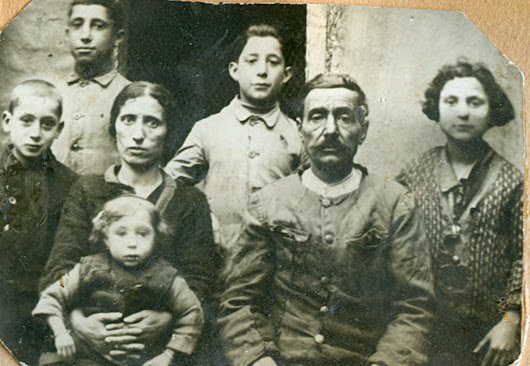
Residents of the Baron Hrst district (http://thefirsttraintoauschwitz.blogspot.com)
Apart from Thessaloniki, however, Jewish communities existed in twenty-seven other cities in Greece. Following the fate of their brethren in the rest of Europe, the Jewish population of our country was exterminated. Thousands died in concentration camps, death marches and forced labour.
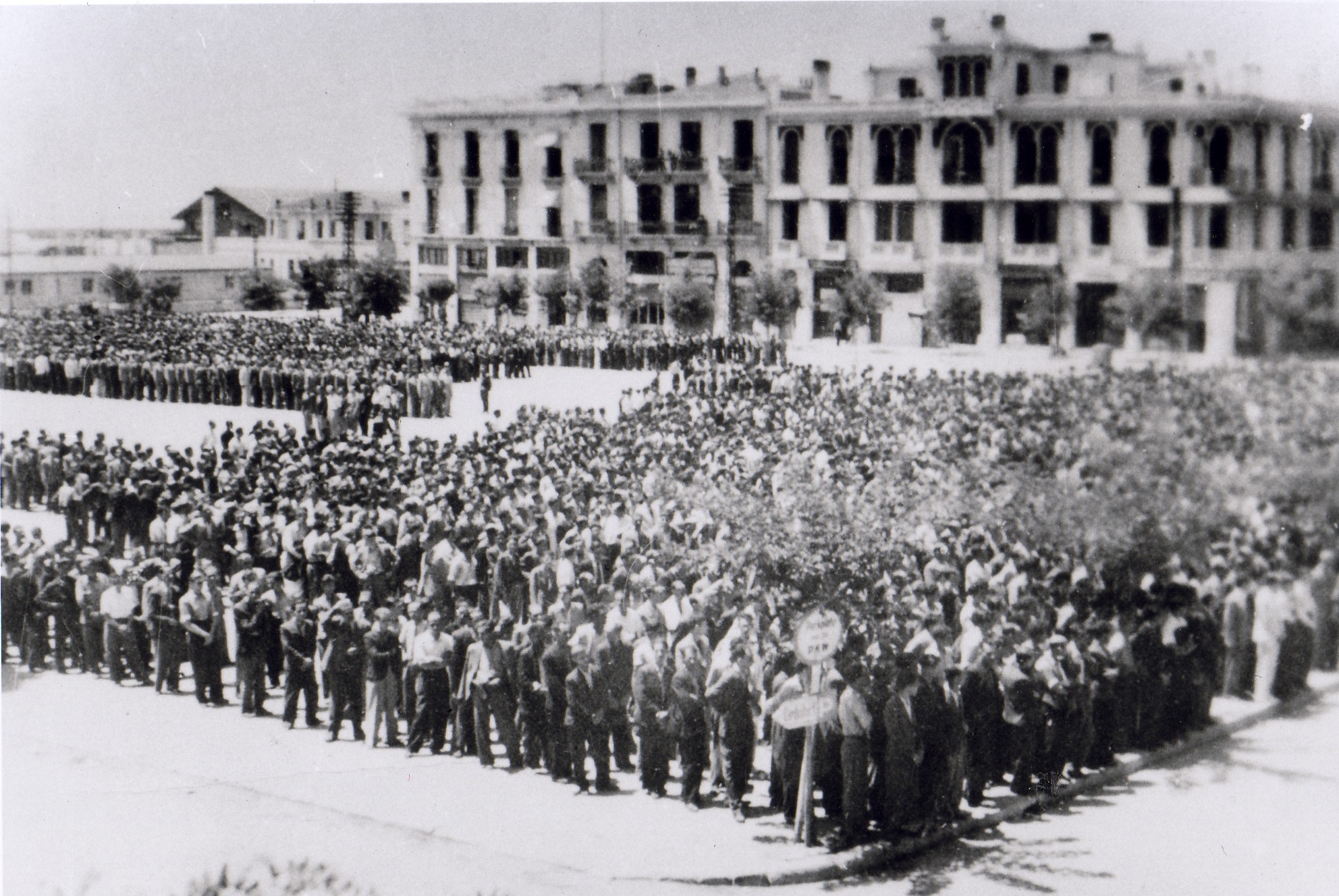
The term “Holocaust” was introduced in the 1980s. Since 2005, the UN has declared 27 January as the “Holocaust Victims’ Memorial Day and the Prevention of Crimes against Humanity”. This day is not only a day of remembrance all over the world, but also an occasion for discussions, exhibitions and media coverage of broadcasts, interviews, etc. The World Council of Israel and Unesco have established #WeRemember as a global campaign of awareness and remembrance.
Περισσότερα:

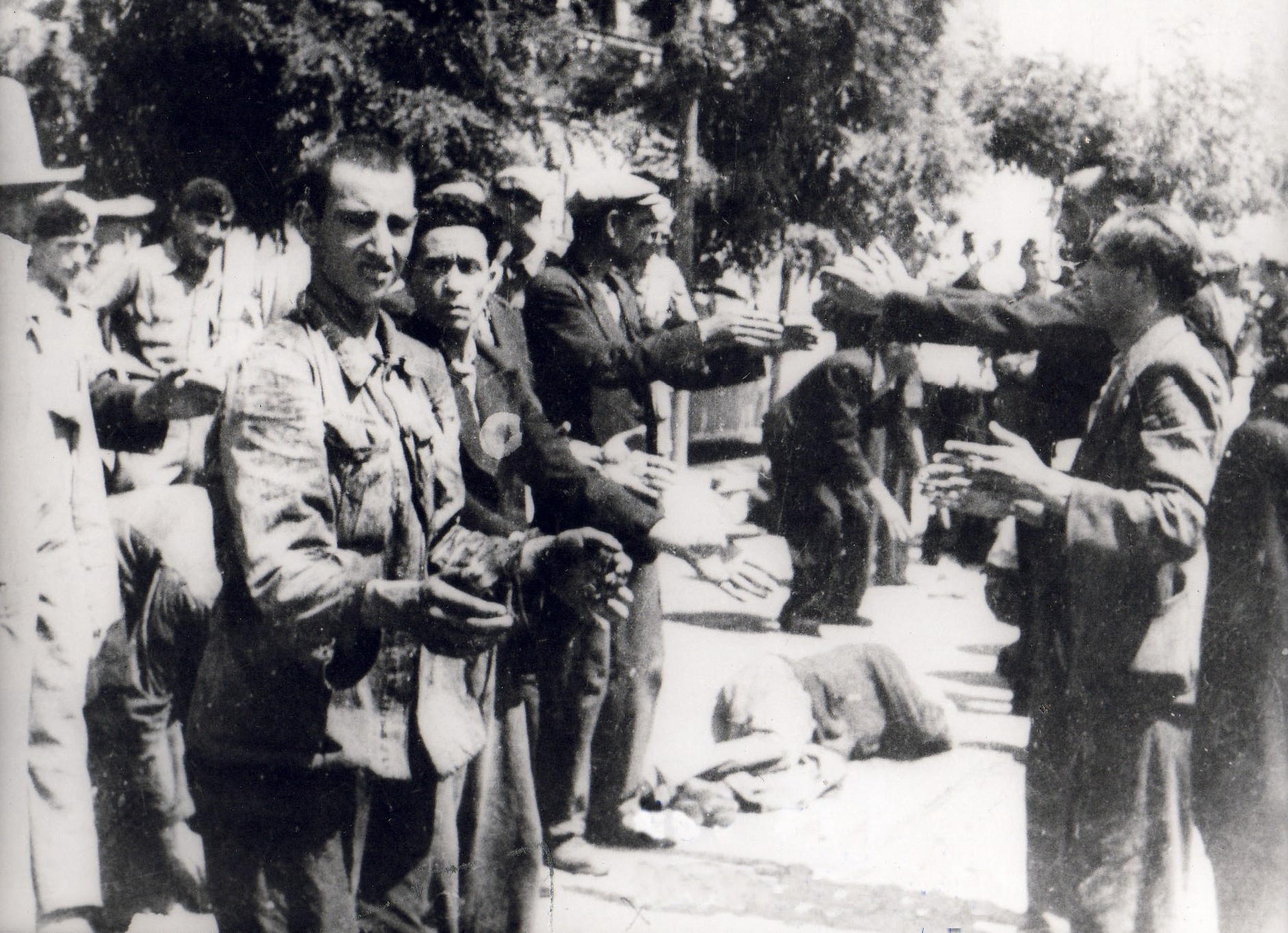
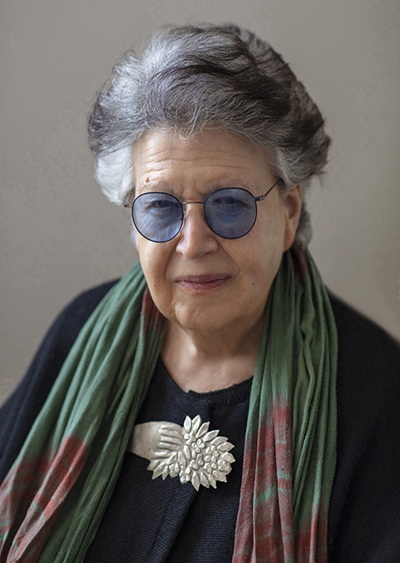
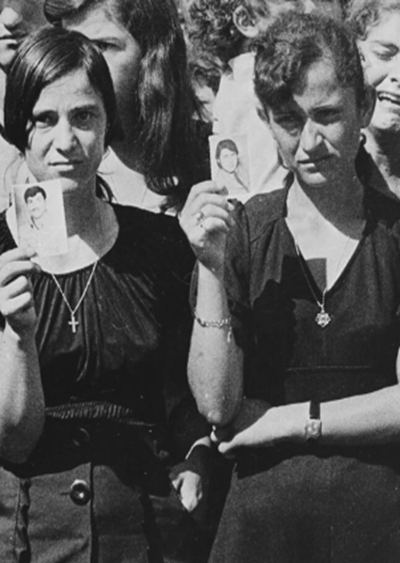
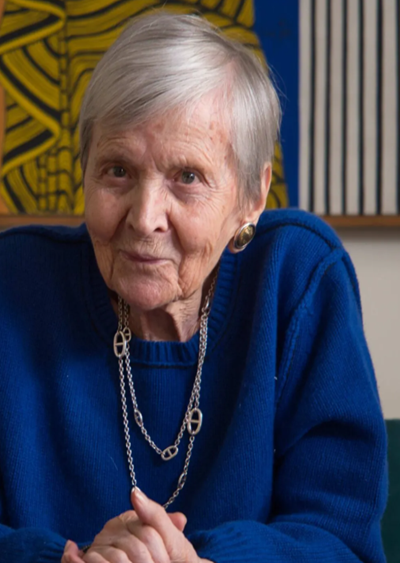
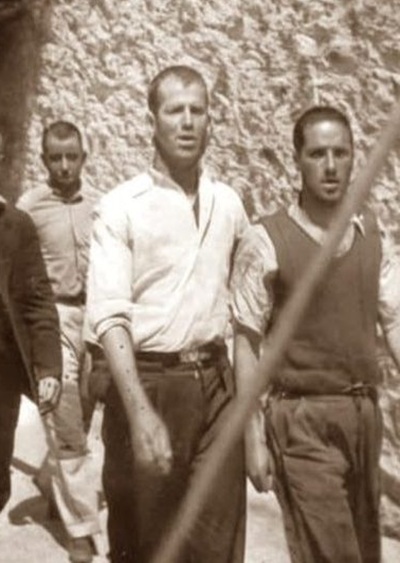


Leave A Comment